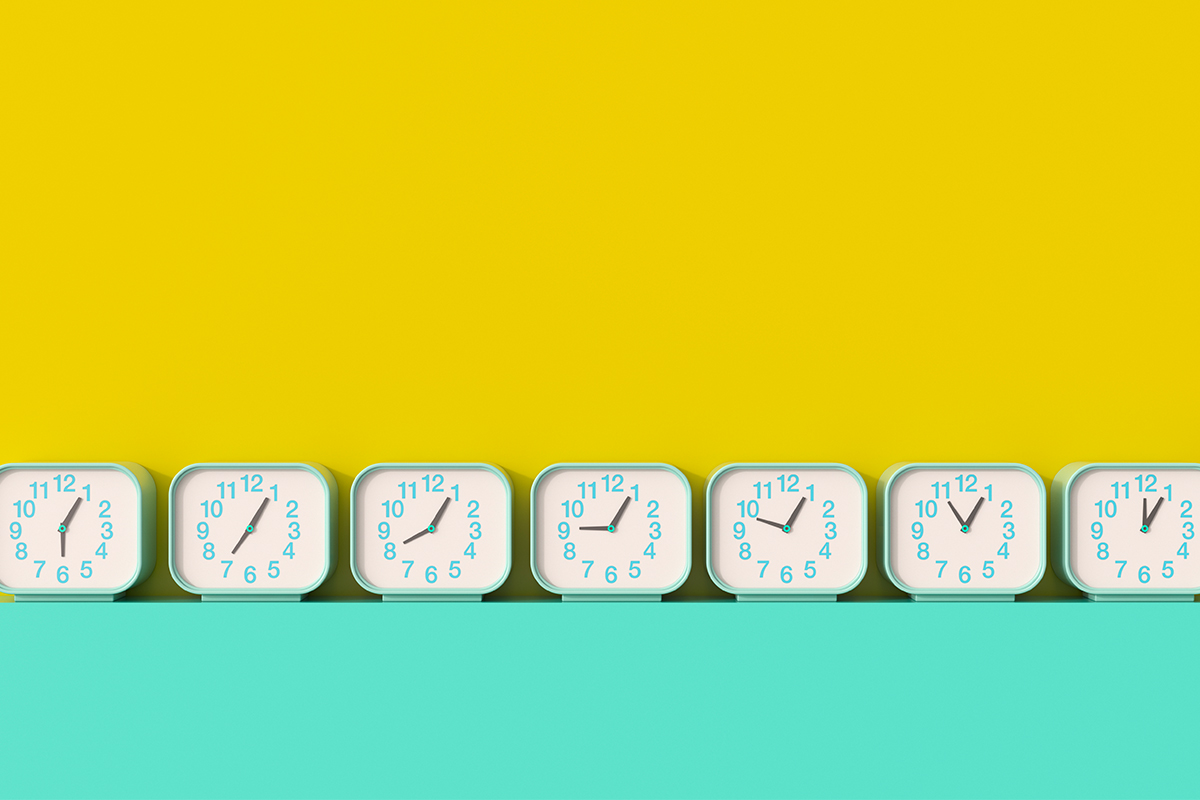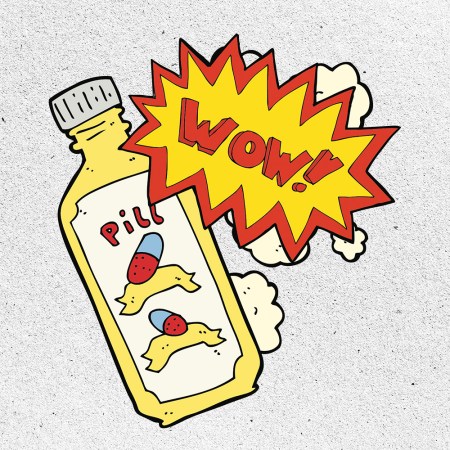According to Dr. Joseph Ferrari, a professor of psychology at DePaul University, and the author of Still Procrastinating?: The No-Regrets Guide to Getting It Done, a fifth of adults could be described as “chronic procrastinators.” As Dr. Ferrari recently explained to the The Washington Post: “That’s higher than depression, higher than phobia, higher than panic attacks and alcoholism. And yet all of those are considered legitimate. We try to trivialize this tendency, but it’s not a funny topic.”
It’s long been customary to chastise procrastinators. After all, one psychologist’s working definition of the behavior, included in the Post‘s story, is the “voluntary, unnecessary delay of an important task, despite knowing you’ll be worse off for doing so.” Ignoring an important assignment in order to binge a show is objectively irrational. From an outsider’s perspective, it appears lazy, selfish and irresponsible. The inaction of one procrastinator can negatively impact friends, family and colleagues.
But that’s exactly why it’s in our best interest to explore, diagnose and brainstorm solutions to the issue, not just declare procrastinators hopeless. For starters, everyone procrastinates, even if everyone isn’t a procrastinator by nature. The general through line? Unpleasant, challenging or boring tasks. (People don’t generally procrastinate on, say, eating a jelly donut.)
Based on Dr. Ferrari’s theories, those who seriously struggle to combat procrastination generally fall into one of three buckets: thrill-seekers (who believe they accomplish tasks best at the very last minute), avoiders (who are worried they will fail at the task) and the indecisive (who feel overwhelmed by the many choices they need to make to complete a task). Affecting all three, though, is an undercurrent of low self-esteem and long-term health issues. Putting off tasks can lead to anxiety, depression, heightened stress, poor sleep and heart issues.
If you suspect you’re an actual procrastinator — and not just someone who gets sucked into a YouTube wormhole once in a while — what should you do? Break down your task into smaller, more manageable sections. Figure out why it means something to you. Situate yourself in a space that’s free of distractions (at least for a little while). Put your phone in a drawer. Create a mini rewards system, where good things wait at the other end of a task’s completion. Resist the urge to vacuum your entire house before you sit down to get something done.
And most importantly: go easy on yourself. Procrastination hasn’t gotten the mental health attention it deserves up until this point; in fact, it’s gotten the exact opposite, with a load of bad press. But understanding that it is natural, and not worthy of scalding judgment, is one of the best ways to help you overcome it. Practice self-compassion. Don’t say anything to yourself that you would never say to your best friend.
It’s important to remember that we live in a digital, scattered-attention era, and that many of us have been expected to crank out top-notch work from our homes — homes with TVs and stocked pantries, mind you — for over a year. This isn’t supposed to be easy. Keep that in mind, and be kind to yourself when productivity feels far away. It’s counterintuitive, but that kindness will help you get the job done.
Whether you’re looking to get into shape, or just get out of a funk, The Charge has got you covered. Sign up for our new wellness newsletter today.


















